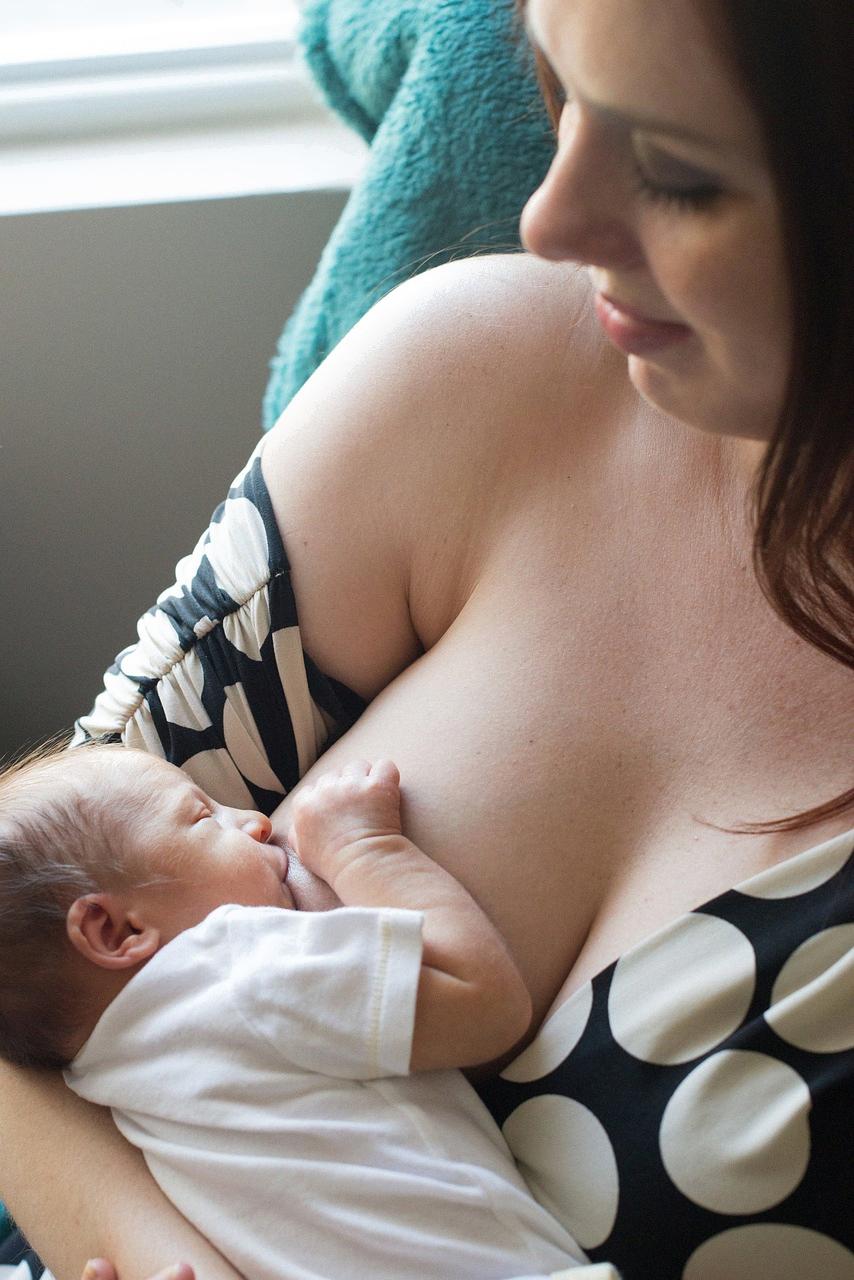When it comes to the question of how long to breastfeed, the Centers for Disease Control and Prevention (CDC) provides guidance based on the latest research and recommendations from leading health organizations.
AAP Guidelines on Breastfeeding Duration
The American Academy of Pediatrics (AAP) recommends exclusive breastfeeding for about the first 6 months of a baby’s life. This means that for the first half-year, feeding your baby with breast milk alone is encouraged.
WHO Recommendations on Breastfeeding Duration
The World Health Organization (WHO) echoes the AAP guidelines, suggesting that exclusive breastfeeding should continue for the first 6 months. They also advise that breastfeeding should be complemented with appropriate solid foods up to 2 years of age or beyond.
Extending Breastfeeding: The Benefits
Extending breastfeeding beyond 6 months offers several benefits for both the mother and the child. Breast milk continues to provide essential nutrients and antibodies that support the baby’s immune system and overall health.
Maternal Health Benefits of Prolonged Breastfeeding
For mothers, prolonged breastfeeding can aid in postpartum weight loss and reduce the risk of certain health conditions, such as breast and ovarian cancer. It also fosters a strong bond between the mother and the child.
Supporting Proper Growth and Development
Continuing breastfeeding beyond 6 months supports the child’s growth and development, both physically and emotionally. Breast milk adapts to the changing needs of the growing baby, providing tailored nutrition.
Embracing Individual Differences and Needs
It’s essential to recognize that every child and mother is unique, and breastfeeding duration should be based on individual circumstances and preferences. Some infants may naturally wean earlier, while others may benefit from extended breastfeeding.
Listening to Your Baby’s Cues
As a parent, it’s crucial to pay attention to your baby’s cues and needs when it comes to feeding. Responsive feeding, where the caregiver is attuned to the baby’s hunger and fullness signals, is key to a positive feeding relationship.
Seeking Support and Guidance
If you have questions or concerns about breastfeeding duration, don’t hesitate to reach out to healthcare providers, lactation consultants, or support groups. They can offer personalized guidance and resources to support your breastfeeding journey.
Creating a Supportive Environment
Building a supportive environment that promotes breastfeeding, whether at home, in the workplace, or in the community, can contribute to successful and prolonged breastfeeding. Surrounding yourself with a network of understanding individuals can make a significant difference.
Conclusion
In conclusion, the CDC, along with the AAP and WHO, recommends exclusive breastfeeding for about the first 6 months of a baby’s life, with continued breastfeeding alongside appropriate complementary foods for up to 2 years or longer. Ultimately, the duration of breastfeeding should be a personal decision based on individual circumstances, with a focus on the well-being of both the child and the mother.

